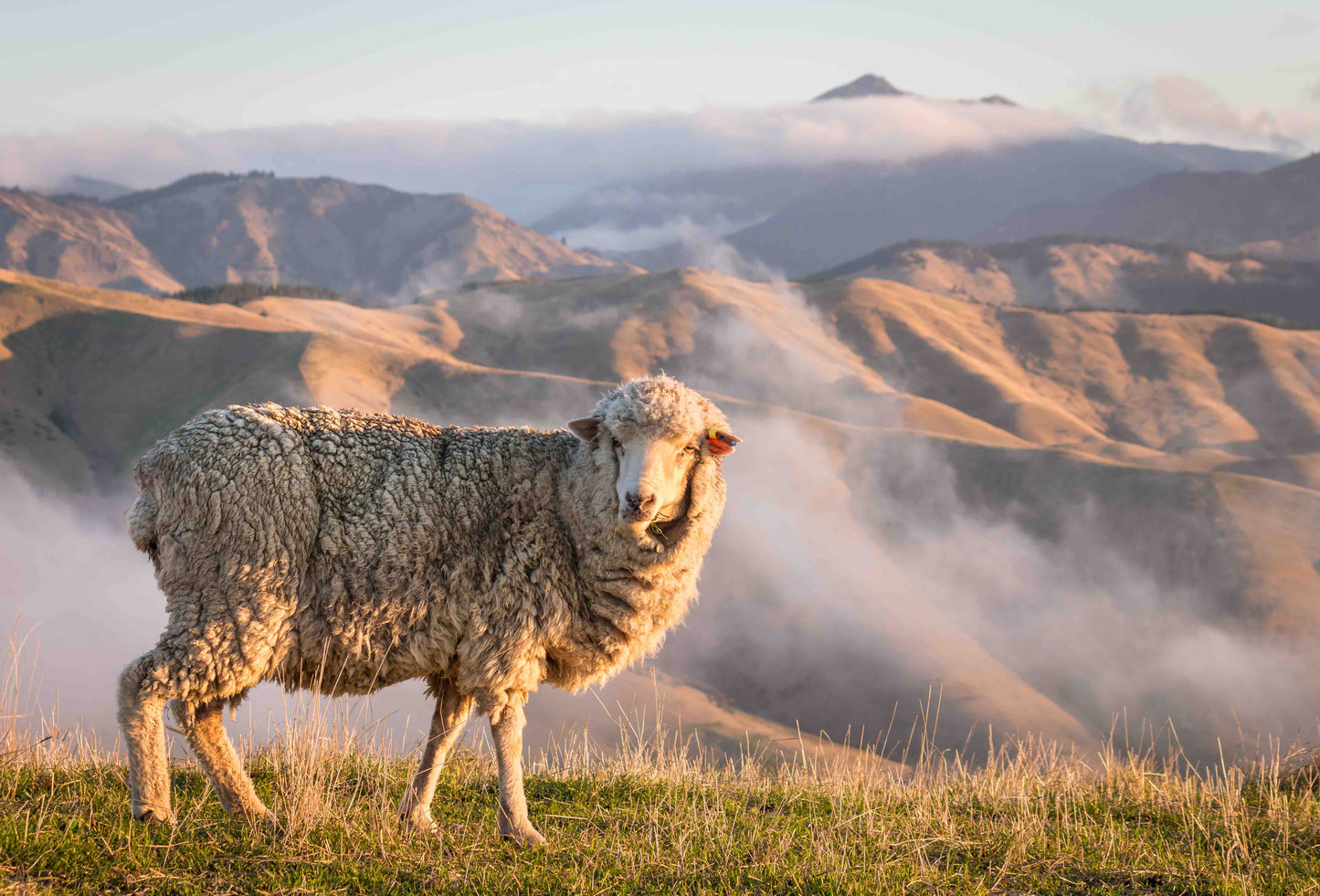
Merino yarn offers numerous benefits for babies due to its softness, breathability, and temperature-regulating properties. It's naturally hypoallergenic and gentle on sensitive skin, making it ideal for newborns. Additionally, merino yarn is moisture-wicking and odor-resistant, helping to keep babies dry and comfortable.
Here's a more detailed look at the benefits:
1:Temperature Regulation: Merino wool can help regulate a baby's body temperature by trapping heat in cooler conditions and releasing it when it's warm. This natural ability to adapt to the environment helps prevent overheating and keeps babies comfortable in various climates.
2. Softness and Comfort: Superfine merino wool is incredibly soft and gentle on delicate skin, making it ideal for babies. It's free from harsh chemicals and synthetic additives, which can irritate sensitive skin.
3. Moisture-Wicking and Breathability: Merino fibers can absorb up to 30% of their weight in moisture without feeling damp, helping to keep babies dry and reducing the risk of rashes. The breathability of merino wool also allows for air circulation, further preventing overheating and discomfort.
4. Hypoallergenic and Odor Resistant: Merino wool is naturally hypoallergenic and resistant to bacteria and odors, making it a great choice for babies with sensitive skin or allergies. It resists the growth of odor-causing bacteria, helping to keep clothing fresh and reducing the need for frequent washing.
5. Durability and Sustainability: Merino wool is a durable and sustainable material, making it a great investment for baby clothing. It's renewable, biodegradable, and can withstand repeated washing and wear.
6. Safety: Merino wool has a higher ignition point than synthetic fibers, making it a safer choice for baby clothing and bedding. It's also less likely to melt and cause damage to the skin if exposed to heat.
Merino wool needs very gentle care so take note of the washing instructions and follow them to preserve your garment.
How to wash Merino wool yarn
We already know Merino wool garments need special care but what does this mean?
Don’t ever put your Merino garments in a dryer because that is where this high-quality natural fibre goes to die. Lay it flat to dry and keep out of direct sunlight to protect the dye.
Hand washing is optimal. In a basin with cold water and a specific wool wash. Don’t wring it out, rather roll it out in a towel to get rid of any excess moisture.

